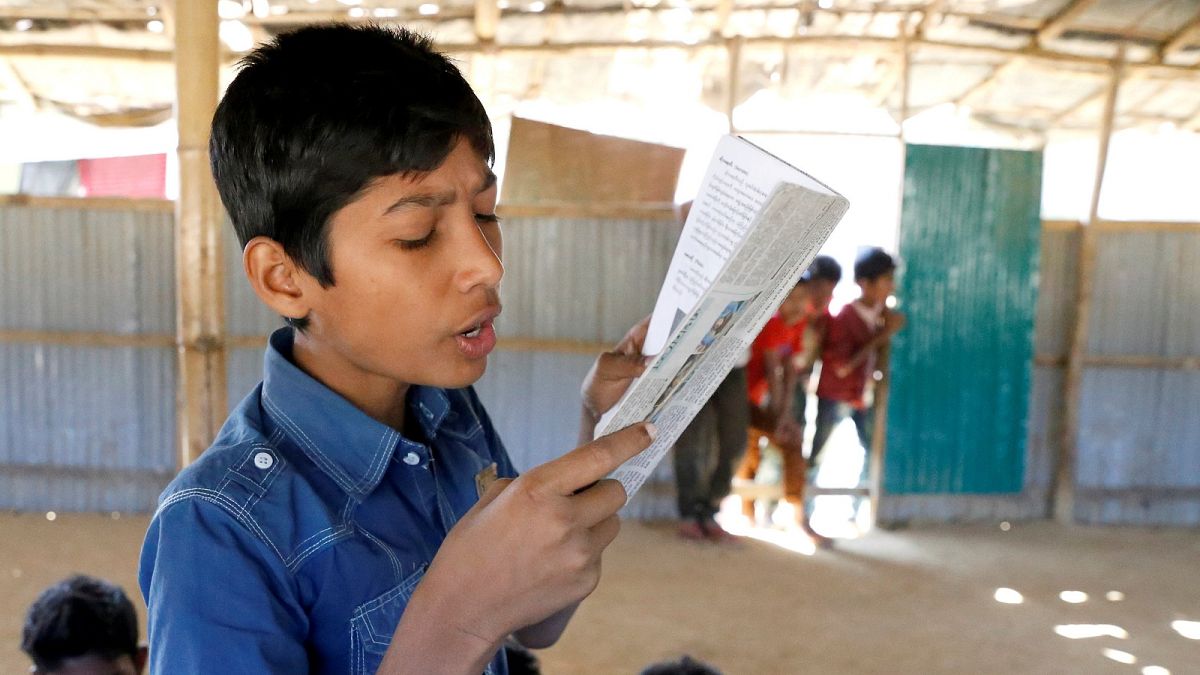Increasingly autocratic States are pushing nativist narratives through national curricula, where schools face more centralized political controls and where the academic freedom of teachers is under attack. Are the Abidjan Principles robust enough to support the fight back against these tendencies?
Last week the Abidjan Principles, outlining the duties of States and private actors in education were officially launched, marking one the most substantial developments in Education sphere since the 1990 World Conference on Education for All in Jomtien, Thailand, which established a shared global commitment to basic education.
The Abidjan Principles—agreed following a three-year consultation involving communities, parents, children, academic experts and states—set out the human rights obligations of States to provide public education. The Principles outline how States must respect, protect and fulfil the right to education of everyone within their jurisdiction and that free, public education should be of the highest attainable quality.
Alongside each States’ obligations regarding public education, this landmark agreement for global education also provides, for the first time, a rigorous and comprehensive legal framework to address one of the most pressing questions in education today: What is the role of private actors in providing education? Here, the Principles advise that States must prioritize the funding of public education but simultaneously respect the liberty of parents to choose to send their children to private institutions, and of bodies to set up private institutions, subject always to the requirement that they conform to State and human rights standards.
Since 1990, the global education landscape has been shaped by struggles around demographics, financing, governance and pedagogy. Private education provision, which has grown rapidly in the past 30 years, is one of the most significant but highly contested developments. In India and Pakistan, private education accounts for 30 to 40 percent of enrollments; in Haiti, over 80 percent and in Morocco private school enrollments have tripled in the last 15 years. The case of Kenya is staggering: In 1998, there were 385 private schools in Kenya, in 2013 there were 8917, an increase of 2216 percent. Compare this to public primary schools; in 1998 there were 16,971 and in 1998 21,205, an increase of just 25 percent. In many countries, private sector education is typically under-regulated and creates further imbalances and inequalities for already-struggling State provision. This has had important consequences for the right to education.
The Abidjan Principles are a vital step in addressing these challenges but they face three crucial tests if they are to strengthen the right to education in any meaningful way.
We live in a period in which increasingly autocratic States are pushing nativist narratives through national curricula, where schools face more centralized political controls and where the academic freedom of teachers is under attack. Are the Abidjan Principles robust enough to support the fight back against these tendencies and do they adequately uphold the need for State systems to be democratically accountable? The first test involves how the Principles hold States to not only to meet their constitutional obligations to provide quality public education for all their citizens but to offer a State system that is fully inclusive, equitable and of sufficient quality.
The second test is whether private interests can contribute positively to strengthening public interests. Private actors in education, almost without exception state that their motivation is to help address national education challenges, particularly in relation to access and quality. The Abidjan Principles recognize that States may need help to extend education provision speedily and adequately, precisely to uphold the right to education. The Principles are clear that States must regulate to ensure private provision in these instances cannot be to the detriment of the State system, that private provision, which utilizes public money, should be transitional and time bound.
The last test for the Abidjan Principles recalls Samuel Moyn’s assertion that human rights are not enough to remedy social and economic inequality. Strategic litigation in education demonstrates that even when legal cases testing the right to education are won, States often lack the will or the resources to implement the rulings. This presents deep challenges for human rights activists and champions, as it does for social movements: the Principles will need political will if they are to become a reality. It is a challenge that is only sure to deepen as the struggle for a just distribution of resources both financial and ecological emerge as the central struggles of our era.
The Abidjan Principles already represent a remarkable achievement in terms of the rigour of the content and the inclusiveness of the process and may be the tool that communities and civil society need to get the right to education implemented and address that challenge. If the Principles manage to pass these three tests, they could become a historical landmark in the advancement of economic, social and cultural rights.
Hugh McLean is Director of the Education Support Program at Open Society Foundations.
